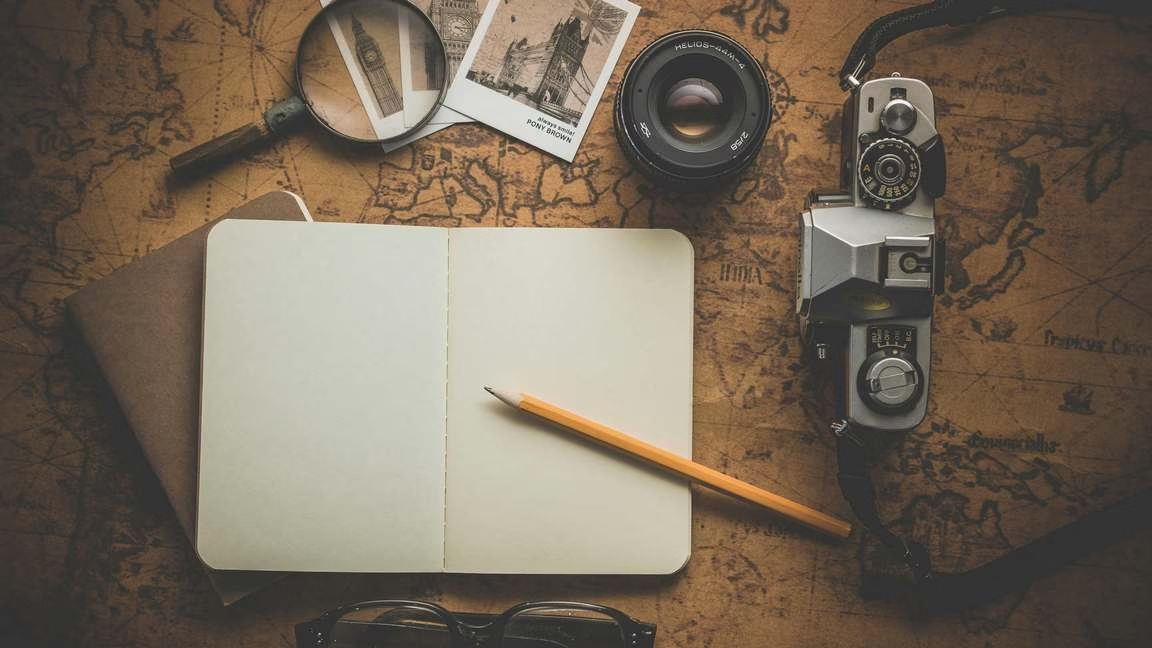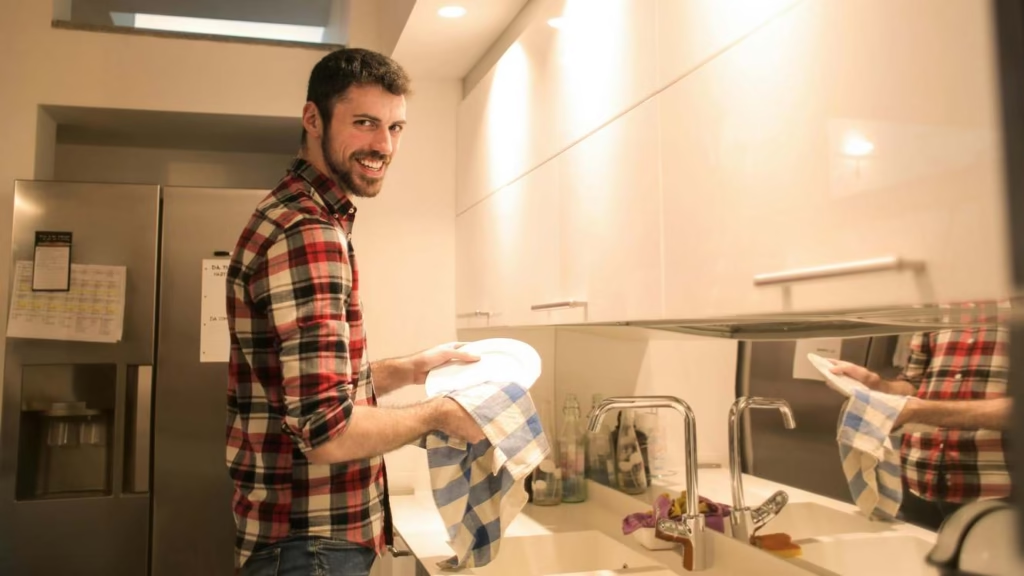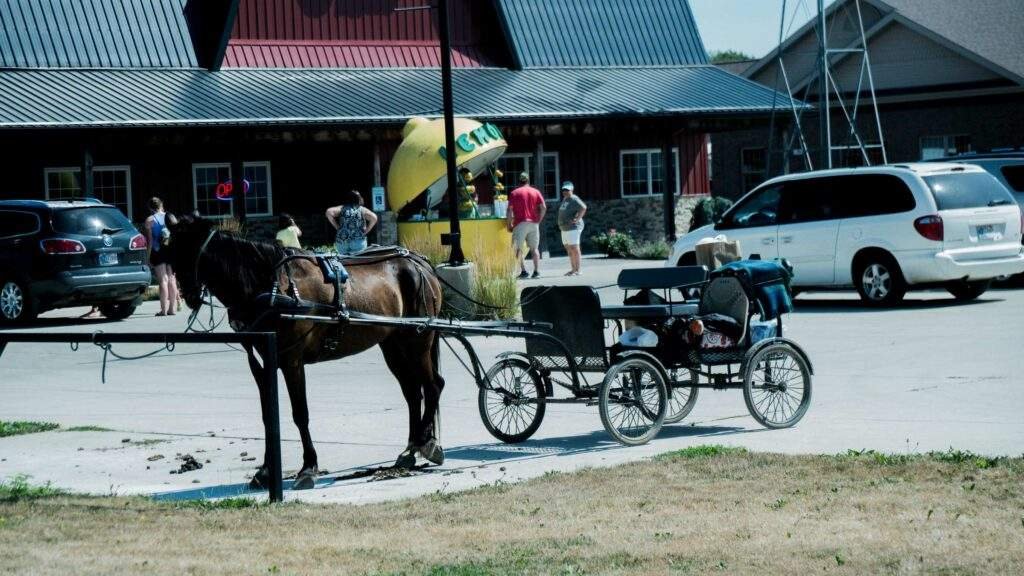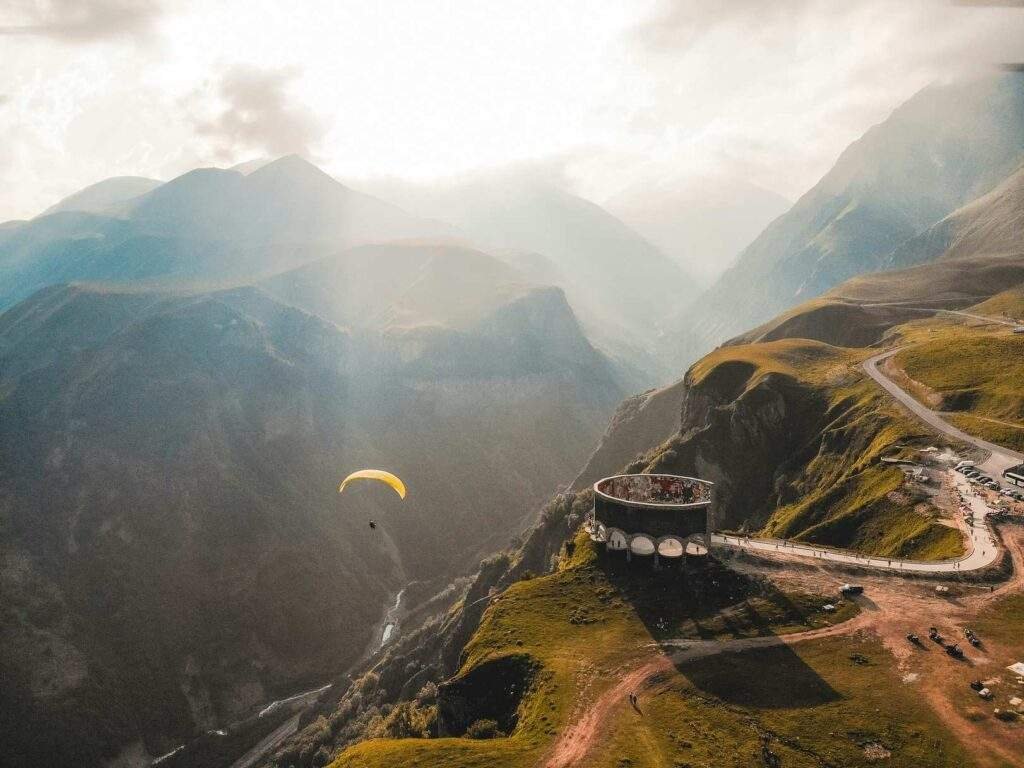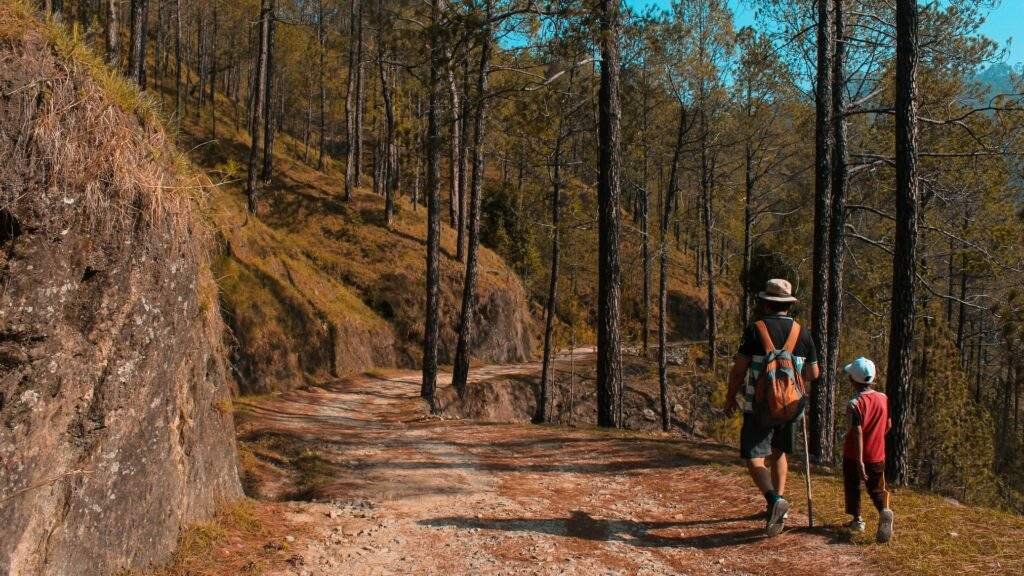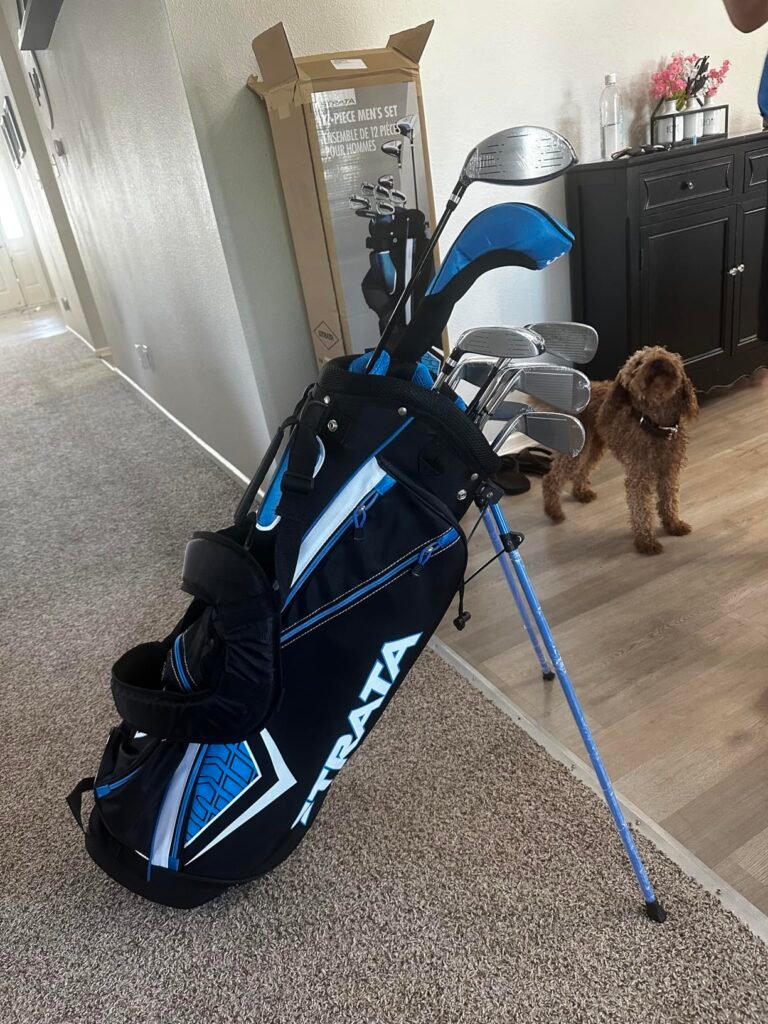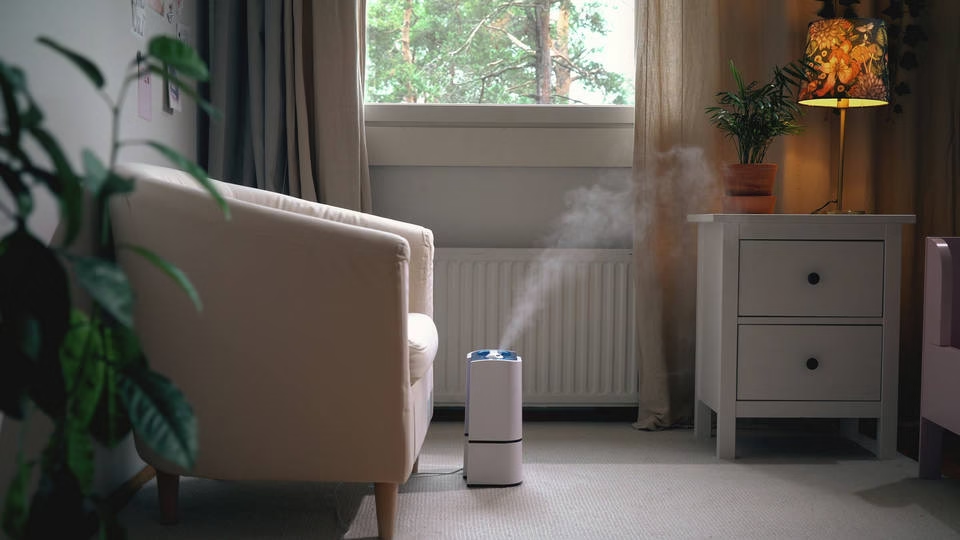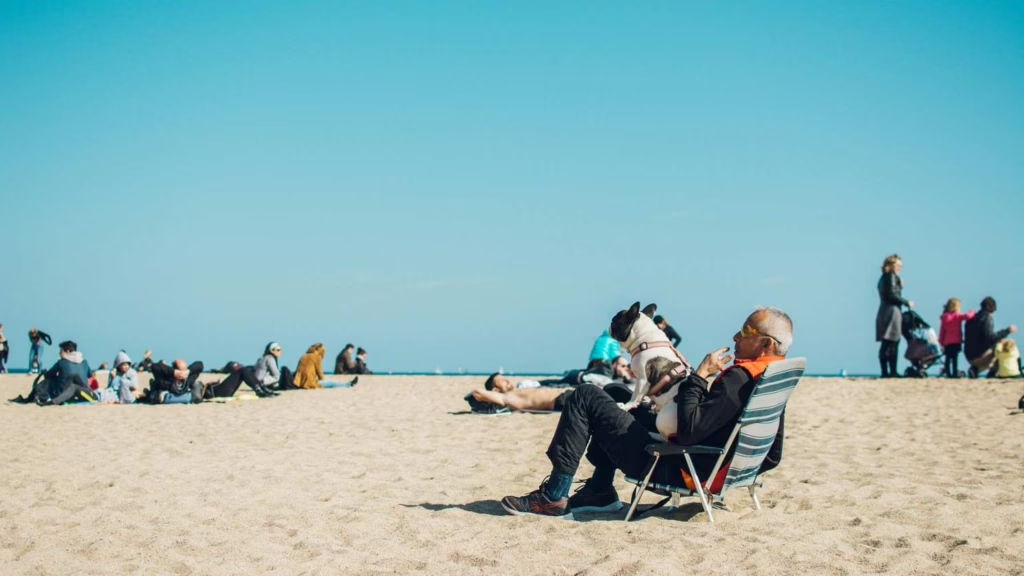Traveling opens new worlds, including romance. Our expert guide to travel sexual safety covers consent, boundaries, and practical steps for empowered, safe, and respectful encounters.
Table of Contents
Travel ignites our senses. New sights, new sounds, and sometimes, new connections. It’s natural to be open to romance or intimacy on the road. These experiences can be beautiful and memorable.
But they also come with unique risks. You are away from your support network. You are navigating unfamiliar cultural and legal landscapes.
This guide is not about fear. It is about empowerment.
We will give you a practical, respectful framework for navigating intimacy abroad. Our goal is to ensure your adventures are not only exciting but also safe and consensual.
Let’s begin with the key takeaways.
Key Takeaways:
- Use the A.R.T. Framework: Anticipate, Respect, Trust. A proactive model for managing risk and building genuine connection.
- Consent is Non-Negotiable: It must be Freely Given, Enthusiastic, Informed, Reversible, and Specific (F.E.I.R.S.). Language barriers make this even more critical.
- Prepare Your Sexual Health Kit: Your travel health kit is incomplete without condoms, dams, and your own lubricant. Know how to access PEP/PrEP in your destination.
- Digital Safety is Part of Sexual Safety: Protect your data and location. Use secure apps and be mindful of what you share with new people.
- Your Gut is Your Guide: If a situation feels wrong, leave. You never owe anyone your time, attention, or body.
The A.R.T. of Travel Intimacy: A Proactive Framework
Most advice is reactive. It tells you what to do when things go wrong. We believe in being proactive. Think of your safety and consent strategy as a work of A.R.T.
A is for Anticipate: Plan for Pleasure and Safety
Anticipation is part of the fun. But smart travelers anticipate challenges, too. This isn’t paranoia. It is preparedness.
Research Your Destination’s Social and Legal Landscape.
Laws and attitudes about sex vary wildly.
- LGBTQ+ Safety: Is homosexuality criminalized? Are there “morality” laws? Resources like Equaldex or the Spartacus Gay Travel Index are essential.
- Sexual Health Access: Can you easily get condoms? Is emergency contraception (the “morning after pill”) available over-the-counter? What about Post-Exposure Prophylaxis (PEP) for HIV?
- Cultural Norms: Understand local dating customs. Direct flirting might be welcome in one culture and deeply offensive in another.
Pack a Smarter “Just in Case” Kit.
Your sexual health kit is as important as your first-aid kit.
- Barrier Protection: Pack your own condoms (external and internal) and dental dams. Do not assume you will find your preferred brand or type abroad. Quality can be inconsistent.
- Lubricant: Water-based or silicone-based lubricant is a must. It increases comfort and reduces the chance of condom breakage.
- Your Own Birth Control: If you use hormonal contraception, bring enough for your entire trip.
R is for Respect: For Yourself and Others
Respect is the bedrock of safe and fulfilling encounters. It flows in two directions: inward to yourself, and outward to your potential partner.
Respect Your Own Boundaries.
You are under no obligation to do anything you don’t want to do. Travel can create a “vacation mentality” where we ignore our own limits.
- Check in With Yourself: What do you actually want? Are you seeking this connection, or are you just going along with it?
- Practice Your “No”: It is a complete sentence. “No, thank you.” “I’m not comfortable with that.” “I’ve changed my mind.”
- Manage Substance Use: Alcohol and drugs can lower inhibitions and cloud judgment. This makes it harder to set boundaries and assess consent. Make a plan beforehand for how you will manage your intake.
Respect Cultural Differences and Power Dynamics.
Be aware of the invisible forces at play.
- The “Tourist” Dynamic: You may be perceived as wealthy or naive. Some individuals may see you as a ticket to something else. Be mindful of this power imbalance.
- Economic Disparities: In many destinations, the economic gap between a traveler and a local is vast. Ensure any relationship is based on mutual respect, not transaction.
T is for Trust: Build It, Verify It, and Listen to Your Gut
Trust is earned. It should be given cautiously, especially in a short-term travel context.
Trust Through Clear Communication.
Consent is an ongoing conversation. It is the clearest way to build trust.
- Define Consent with F.E.I.R.S.:
- Freely Given: No coercion, pressure, or intoxication.
- Enthusiastic: It’s a “Heck yes!” not a “I guess so.”
- Informed: Everyone knows what they are agreeing to.
- Reversible: Anyone can change their mind at any time.
- Specific: Saying yes to one thing (kissing) is not yes to everything else.
- Navigate Language Barriers: Learn key phrases. “Yes.” “No.” “Stop.” “Do you like this?” Use translation apps. Non-verbal cues are vital. Pay attention to body language.
Trust Your Intuition.
Your gut feeling is a powerful safety tool. It processes danger signals before your conscious mind does.
- If It Feels Off, It Probably Is: Do not talk yourself out of a bad feeling to be polite. Your safety is more important than someone else’s opinion of you.
- Have an Exit Strategy: Know how you will leave a situation. Have a ride-sharing app downloaded and logged in. Keep enough cash for a taxi. Know the address of your accommodation.
Mastering Consent in a Cross-Cultural Context
Consent is the golden thread running through everything. On the road, it requires extra attention.
What Enthusiastic, Ongoing Consent Looks Like
Consent is not the absence of a “no.” It is the presence of an enthusiastic “yes.” It is not a one-time question. It is a continuous dialogue.
Check in verbally. “Is this okay?” “Do you want to keep going?” “How does that feel?”
Watch for non-verbal cues. Are they pulling you closer? Are they smiling and engaged? Or are they stiff, avoiding eye contact, or pushing you away?
Silence is not consent. Passivity is not consent.
Navigating Consent with a Language Barrier
This is a common travel scenario. It demands more creativity, not less diligence.
- Learn Key Phrases: Before a date or social outing, learn a few essential words in the local language.
- Use a Translation App: Apps like Google Translate can be a bridge. Have a light-hearted conversation about it. “My [Language] isn’t great, so I might use this app to be sure we understand each other. Is that okay?”
- Rely Heavily on Non-Verbals: Point, gesture, and use facial expressions to ask for permission. A questioning look and a slow, deliberate movement can ask “Is this okay?” without words.
- If You Can’t Communicate, You Can’t Consent: This is a hard rule. If the language barrier is so significant that you cannot understand a “no” or communicate a “stop,” you cannot ethically engage in sexual activity. The risk of misunderstanding and violation is too high.
Your Practical Travel Sexual Safety Checklist
Actionable steps to take before you go and while you’re there.
Before You Go: The Pre-Trip Prep
- [ ] Research local laws on sexuality, public displays of affection, and LGBTQ+ rights.
- [ ] Pack your own supply of condoms, dental dams, and lubricant.
- [ ] Get a sexual health check-up.
- [ ] Research how to access local clinics or PEP/PrEP in your destination.
- [ ] Share your itinerary with a trusted friend or family member back home.
- [ ] Download and set up essential apps: ride-sharing, translation, a secure messaging app (like Signal), and a maps app you can use offline.
On the Ground: In-the-Moment Safety
- [ ] Meet in public first. Always.
- [ ] Control your alcohol/drug intake. Stay aware.
- [ ] Keep your drink with you at all times. Guard against drink spiking.
- [ ] Have a “Check-In” Buddy: Arrange for a friend to text you at a specific time. Have a code word that means “I’m uncomfortable, call me with an excuse to leave.”
- [ ] Trust your gut. If something feels wrong, leave. Don’t worry about being rude.
- [ ] Communicate your boundaries clearly and early.
Digital Dating and Safety Abroad
Apps like Tinder, Bumble, and Grindr have changed travel connections. Use them wisely.
- Protect Your Identity: Avoid using your full name on your profile. Consider using an app that allows you to connect without sharing your personal phone number.
- Be Wary of Location Sharing: Remember that your profile can reveal you are a tourist. Be cautious about sharing specific details about your hotel or which hostel you’re staying in.
- Video Chat First: A quick video call can help you verify the person and gauge your comfort level before meeting in person.
- Always Arrange Your Own Transport. Do not get into a car with someone you just met. Be independent in your ability to leave.
A Special Note on Sex Tourism and Exploitation
As a responsible traveler, you must be aware of the darker side of travel and sex.
Sex tourism, particularly the exploitation of minors and vulnerable adults, is a global scourge. It is often linked to human trafficking.
Be an ethical traveler. If you see something that looks like exploitation, report it. Your actions matter.
Know the signs. A significant age or power disparity can be a red flag. Remember that in many places, poverty drives people into transactional sex. Your encounter should never contribute to someone’s exploitation.
Choose connection over transaction. Choose respect over exploitation.
Conclusion: Your Journey, Your Rules
Travel is a gift. It opens our minds and hearts. The possibility of intimacy and connection is a beautiful part of that.
By embracing the A.R.T. Framework—Anticipate, Respect, Trust—you take control of your narrative. You move from being a passive participant to an empowered, conscious creator of your experiences.
You deserve adventures that are as safe as they are sensational. You deserve encounters built on a foundation of clear communication and mutual respect.
Pack your bags. Pack your curiosity. And pack your boundaries. The world is waiting for you to explore it on your own terms.
Your Next Steps:
- Bookmark this article for a refresver before your next trip.
- Start your research on your destination’s laws and sexual health resources today.
- Talk about it. Share this guide with your travel buddies. Normalize conversations about travel sexual safety.
Related Articles
Explore more content on travel, dating, and safety from our comprehensive guides

